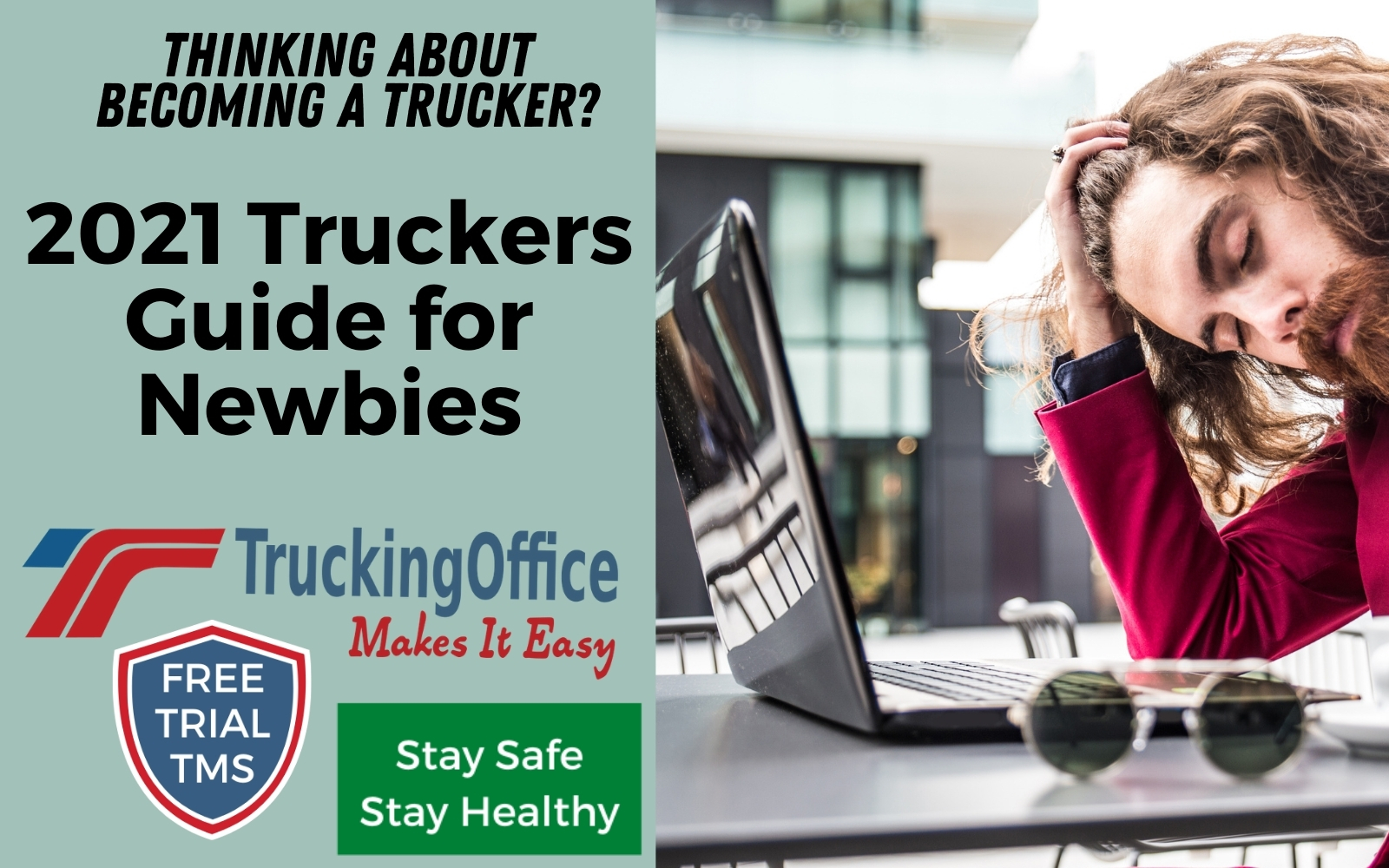Newbies: How to Decide if Trucking is Right for You
One of the best ways to find out if trucking is right for you is to talk to someone who has been doing it for years. He may talk about downsides such as the long hours alone, the awful weather, the bad food, and time away from home. But, he may also tell you about the good things of the trucking industry, such as the sense of adventure, meeting new people, and seeing new sights along the route.
It sounds intriguing, but you need to know more. So, here are answers to a few of the questions you may be asking:
Do I need a CDL and what are the requirements?
In the trucking industry, you are required to obtain a CDL (Commercial Driver’s License) if you plan to operate any of the following:
- A vehicle with a GVWR (gross vehicle weight rating) of 26,001 pounds or more.
- A combination vehicle with a combined GCWR of 26,001 pounds or more and the towed vehicle is over 10,000 pounds.
- Vehicles that carry 16 or more passengers, driver included.
- Vehicles that carry hazardous materials.
Exceptions to the above CDL requirements include military, farming, snow and ice removal vehicles, or emergency response vehicles. According to guidelines issued by FMCSA, there are three different classifications of CDLs depending on the vehicle.
To obtain a CDL you must be 18 years old and each state has different testing standards. You can learn more on the FMCSA website.
Can I choose where I want to drive?
In most cases, drivers just out of school are assigned the long-haul routes to help them gain experience. If you want to choose where you drive, consider applying to a regional trucking company that operates in that particular area. However, each company has different policies, so don’t be afraid to ask questions.
What are the other requirements besides being a good driver?
As a trucker, you’ll need to learn and adhere to an extensive list of federal regulations. It may seem overwhelming, but remember, the regulations in the trucking industry are in place to help improve driver and highway safety.
You’ll also be expected to do the following:
- Perform some degree of maintenance on equipment.
- Learn how to use the company’s software.
- Understand how to use an ELD.
- Know how to manage oversize loads and make sure permits are correct and in the proper form (paper or electronic).
- Understand the physics of how loads must be loaded and hauled (tankers differ from trailers).
Another key point to mention, whether you are a company driver or an owner-operator, you’ll have to maintain accurate records. That means you’ll need to keep up with all those little receipts and other paperwork that accumulate each day along the route.
Sounds like a lot, right? Unfortunately, there’s more. The process can become quite time-consuming and leave you wishing for an easier way to get this aspect of your job done. TruckingOffice can assist with that and more.
Is a Trucking Software Necessary to Run a Small Trucking Business?
Although trucking software for small businesses is optional, we believe it’s vital to running a successful operation. As an owner/operator, you wear many hats such as driver, accountant, maintenance guy, and customer service rep. With so many things to do in a day, you need to save time wherever possible. A TMS can help you do that. Here’s how:
- Eliminates the need for paper logbooks.
- Automatic routing with PC*Miler.
- Calculates driver pay.
- Creates invoices and tracks past due invoices.
- Schedules preventative maintenance.
- Tracks expenses, mileage, and fuel use.
- Ensures accurate and timely IFTA and IRP reports.
- Provides data needed during roadside inspections.
- Helps dispatch manage loads and routing with improved efficiency.
- Vehicle location data helps keep customers informed and happy.
The above are only some of the many ways trucking software will improve your business. The great thing about it is your information is secure and easy to access at any time.
If you’re new to the trucking industry, you may feel overwhelmed with all the rules, regulations, and reports. With the many demands on your time, you’ll wonder why you thought this was a good idea. But with our TMS, you’ll maintain control, save time, and increase profits. So, do we think a TMS is necessary to run a small trucking business? Absolutely.
How TruckingOffice Makes a Driver’s Job Easier
As with any new job, you’ll find the initial period of adjustment as a trucker to be a challenge. Our Trucking Management Software will help you rise to that challenge. With TruckingOffice, you’ll feel confident that your reports are always accurate and on time. Check it out for yourself with this 30-day free trial.







Recent Comments